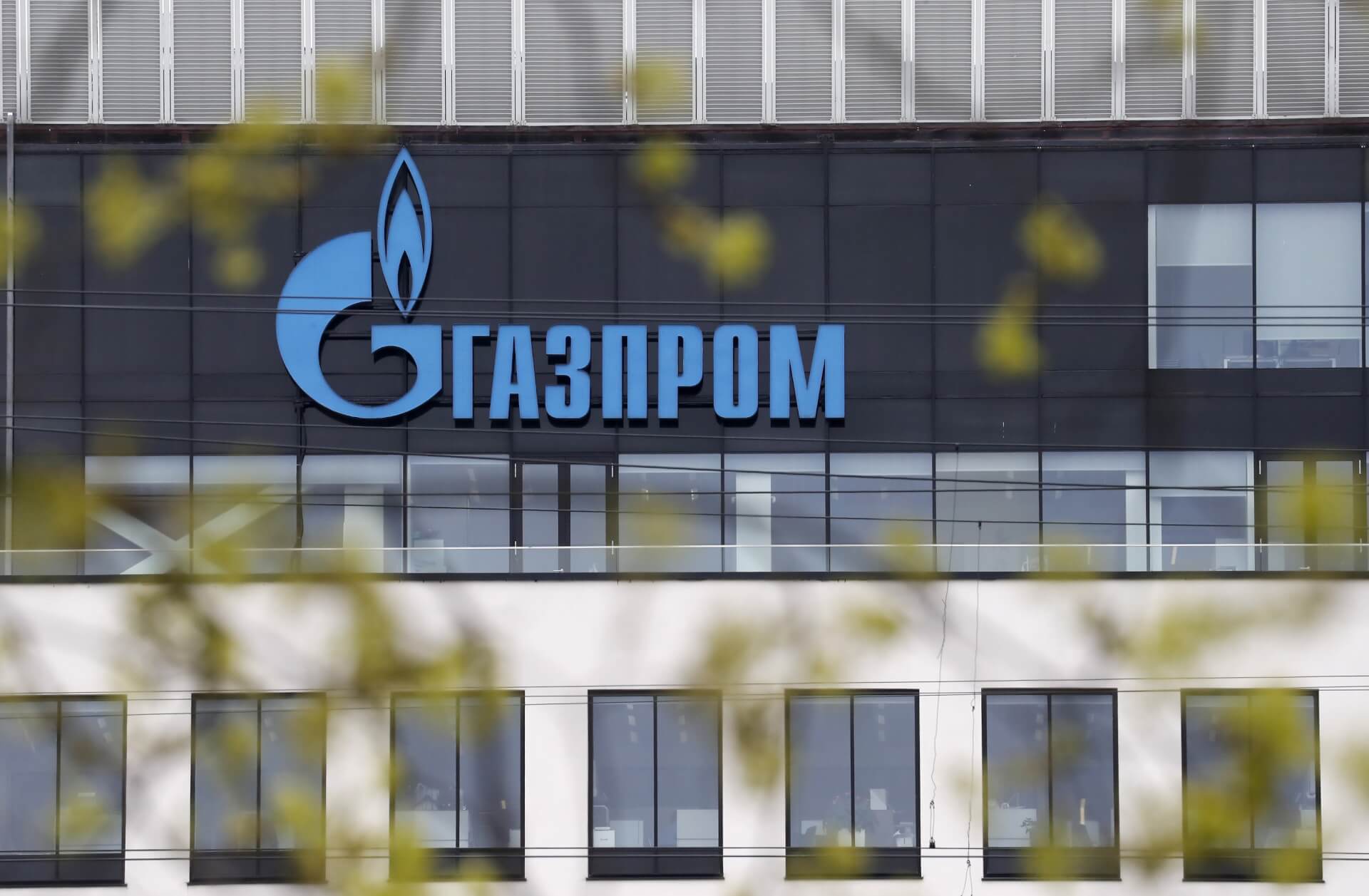The European Commission (EC) released updated guidelines on how the European energy companies could pay for Russian gas in rubles without breaching the European Union’s (EU) sanctions against Russia, despite the fact that members continue to deliberate on an oil embargo.
The Commission noted that the bloc’s sanctions do not restrict companies from opening an account in Gazprombank to pay for gas imports, so long they pay in the currency mentioned in the existing contracts—euros or dollars.
The Commission said, “Companies should make a clear statement saying that when they pay euros or dollars, they consider their obligations under existing contracts to be fulfilled,” adding, “It should be understood that such payments in that currency discharge definitively the economic operator from the payment obligations under those contracts, without any further actions from their side as regards the payment.”
Under the scheme, buyers are obliged to deposit euros or dollars into an account at Russia’s Gazprombank, which has to convert them into rubles. But McPhee said the scheme would breach EU sanctions because it involves Russia’s central bank, which has been sanctioned by the EU.
— The Kyiv Independent (@KyivIndependent) May 12, 2022
The Commission further said that companies must end their obligations once they pay in euros or dollars and should avoid getting involved with the Russian central bank, which is under Western sanctions, to convert foreign currency into the ruble.
The debate over Russian gas payments in rubles instead of dollars or euros started after Russian President Vladimir Putin two months ago issued a demand for “unfriendly countries” to pay for Russian oil and gas imports in rubles. He asked importing countries to open bank accounts in Gazprombank and make payments in euros or dollars, which would then be converted into rubles. He further threatened to cut countries from gas supply if they refused to abide by his orders.
Many European countries, including Poland and Bulgaria, opposed Putin’s order and refused to pay for Russian gas in rubles, following which Putin cut energy supplies to the two countries. The EU also warned the member states of legal retribution if they paid for Russian gas in rubles, which they said would violate the bloc’s sanctions.
The Italian state-controlled oil giant Eni announced today that they are opening a ruble-denominated account at Gazprombank as a precaution to ensure its next payment for Russian gas due in "next few days” goes through.
— Visegrád 24 (@visegrad24) May 17, 2022
The EU had since 2014 to prepare for this, maybe even 2008.
However, despite the EU’s warnings, at least ten European companies opened bank accounts in Gazprombank to pay for Russian deliveries in rubles, fearing a fate similar to Poland and Bulgaria.
Given this development, the EC announced that European companies are allowed to do so, as long as the payment method is in euros or dollars and the conversion into rubles is left up to Russian bank authorities.
Following the release of the Commission’s revised guidelines, Italian energy group Eni remarked that it would open an account in Gazprombank this week. On Tuesday, the Italian company confirmed that it would open a ruble-denominated bank account at Gazprombank as a “precaution” to ensure that its pending payment for Russian gas goes through within the next few days.
France's Engie agrees deal with Russia's Gazprom on gas payments https://t.co/tCpnkrC2Mq pic.twitter.com/6LQmh6caln
— Reuters (@Reuters) May 17, 2022
Eni said, “The Company is going to temporarily open the two accounts — one in euros and one in rubles — without prejudice to its contractual rights, which still envisage payment in euros.”
In response, the European Commission said such a move would violate the bloc’s sanctions on Moscow. Eni, however, insists that it is operating in compliance with the “current international sanctions framework.”
Likewise, Germany’s RWE said it has opened a bank account with Gazprombank to pay for Russian gas in euros.

